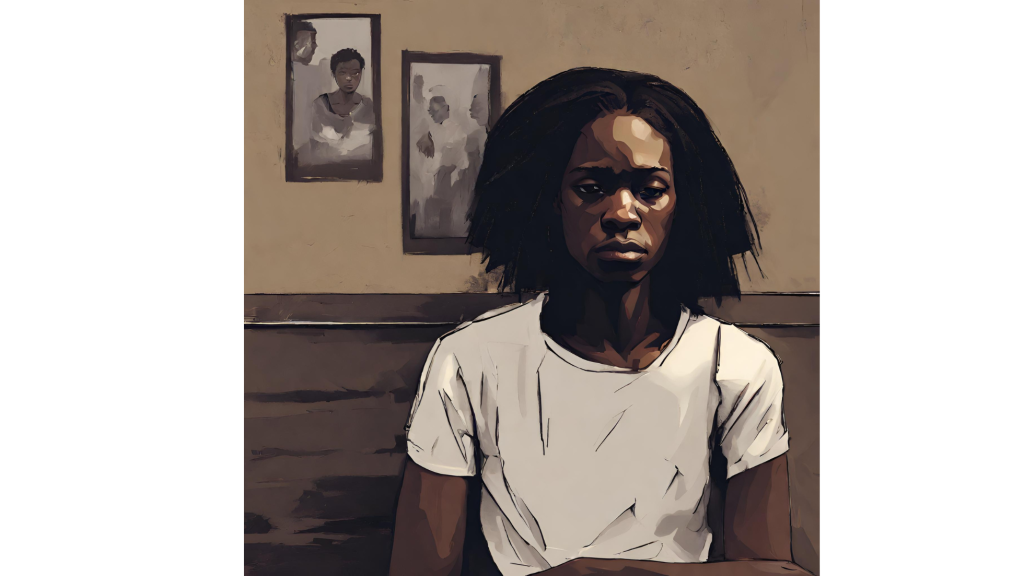Depression and suicide are critical public health issues that affect all segments of the population, but the impact on the African American community is often compounded by unique cultural, social, and economic factors. Despite growing awareness of mental health issues, African Americans still face significant barriers to recognizing, treating, and talking about mental illness. This article explores the challenges and solutions related to depression and suicide prevention among African Americans, with a focus on enhancing community support, access to mental health care, and cultural competence.
Understanding the Challenges
Stigma and Cultural Perceptions: In many African American communities, mental health issues are often stigmatized. This stigma can stem from historical mistrust of medical institutions, cultural norms that favor strength and self-reliance, and religious beliefs that may frame mental health struggles as spiritual failings. As a result, individuals may suffer in silence, reluctant to seek help.
Socioeconomic Factors: Economic disparities can exacerbate mental health issues. African Americans disproportionately face socioeconomic challenges that can be stressors leading to depression, such as unemployment, underemployment, and lack of health insurance. These factors often limit access to mental health services and contribute to the severity of mental health crises.
Racial Trauma: Daily experiences of racial discrimination and systemic inequities contribute to chronic stress, which can lead to depression and suicidal thoughts. The cumulative effect of microaggressions, racial violence, and systemic discrimination can significantly impact mental well-being.

Addressing the Crisis
Increasing Awareness and Education: Community-based education and outreach programs are crucial in changing perceptions about mental health. Efforts to destigmatize mental illness through public speaking, workshops, and media campaigns can encourage more people to seek help. Educational programs can also focus on recognizing the signs of depression and the importance of intervention.
Improving Access to Mental Health Services: Enhancing access to mental health care means increasing the availability of services, making them affordable, and ensuring that they are culturally competent. Policies aimed at expanding healthcare coverage, funding mental health services, and integrating mental health care into primary health care can reduce barriers to access.
Culturally Competent Care: Mental health professionals need to be trained in cultural competence to effectively address the specific needs of African Americans. This includes understanding the cultural, social, and historical context of their lives. Providers who share similar backgrounds or are trained in cultural sensitivity are often more successful in delivering effective care.
Community and Peer Support: Strengthening community support networks can play a pivotal role in mental health care. Initiatives like peer support groups, church-based counseling services, and community centers can offer supportive environments for sharing experiences and coping strategies. These networks can act as a bridge to professional help and offer ongoing support.
Utilizing Technology: Telehealth services have emerged as a valuable tool for overcoming barriers to access. They can be particularly effective in reaching younger African Americans who are comfortable with technology. Apps and online platforms can provide resources, counseling, and a means to connect with others.
Conclusion
Addressing depression and suicide in the African American community requires a comprehensive approach that considers cultural, economic, and social factors. By tackling the stigma, improving access to care, and ensuring cultural competence, we can create a supportive environment where individuals feel safe to seek help. It’s a community effort that necessitates collaboration among healthcare providers, community leaders, and policymakers. Together, it’s possible to change the narrative around mental health in the African American community, offering hope and healing to those in need.

